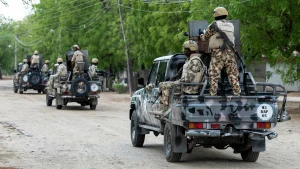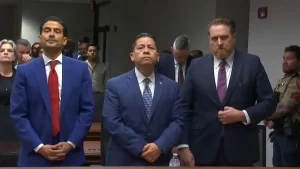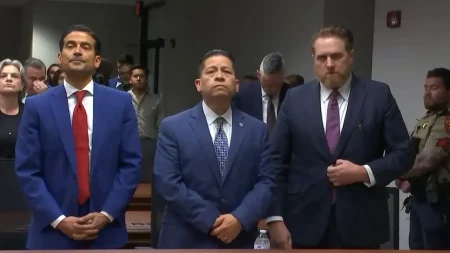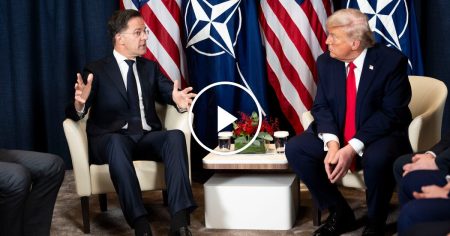Standing Against the Designation: Understanding the Palestine Action Protests
In a significant show of civic engagement, demonstrators across the United Kingdom have mobilized to express their opposition to the British government’s recent decision to classify Palestine Action as a terrorist organization. This controversial designation has sparked heated debate about the boundaries between activism and extremism, the right to political protest, and the government’s approach to addressing tensions related to the Israel-Palestine conflict on British soil.
The protests bring together a diverse coalition of supporters, including human rights advocates, civil liberties organizations, academic freedom proponents, and community activists who argue that Palestine Action’s direct-action campaigns against companies with ties to Israeli military operations should be viewed as political activism rather than terrorism. Many demonstrators express concern that the terrorism designation represents an alarming expansion of government powers to silence dissent and criminalize forms of protest that have historically been protected forms of political expression in democratic societies. They worry this creates a dangerous precedent that could eventually be applied to other activist movements challenging government policies or corporate activities.
The controversy intensified following Palestine Action’s high-profile campaigns targeting facilities of companies they claim supply equipment or technology to the Israeli military. These actions have included property damage and disruption of operations at these sites, which the government characterizes as criminal activity exceeding legitimate protest. However, demonstrators counter that civil disobedience has a long and respected tradition in democratic movements, pointing to historical examples like the suffragettes and anti-apartheid activists whose tactics were once condemned but are now recognized as important parts of social progress. Many protesters emphasize that equating property damage with terrorism dilutes the meaning of terrorism and risks criminalizing conscientious objection.
Legal experts participating in the demonstrations have raised significant concerns about the potential chilling effect this designation might have on free speech and political association. They note that the UK’s counterterrorism framework grants authorities expansive powers of surveillance, detention, and asset seizure that could now be deployed against individuals merely associated with Palestine Action or similar causes. Protesters also highlight the apparent asymmetry in how the government responds to different forms of political activism, suggesting that pro-Palestinian advocacy faces disproportionate scrutiny compared to other political movements. This perceived double standard has only strengthened the resolve of many demonstrators who see their protest as defending fundamental democratic principles.
The demonstrations have become a flashpoint in broader discussions about Britain’s relationship with Israel and its position on the ongoing conflict in Gaza. Many participants view their protest against the designation as part of a larger moral stance against what they perceive as complicity in actions affecting Palestinian civilians. Community leaders speaking at these events frequently emphasize that opposing specific Israeli government policies or military actions should not be conflated with antisemitism, and many Jewish voices have joined the protests to reinforce this distinction. The demonstrations thus reflect complex intersections of domestic policy concerns and international humanitarian issues that resonate deeply with many British citizens.
As the protests continue, they raise profound questions about the balance between security concerns and civil liberties in modern democratic societies. Government officials defend the designation as necessary to prevent property destruction and potential escalation to more dangerous activities, while demonstrators maintain that democracy requires space for dissent, even when uncomfortable or disruptive. The ongoing dialogue—occurring both in the streets and in courtrooms, parliamentary debates and media discussions—will likely shape not only the specific future of Palestine Action but also broader parameters of acceptable political activism in the United Kingdom for years to come. Whatever the outcome, these demonstrations represent an important moment of civic engagement with fundamental questions about the nature of protest in a democratic society.











